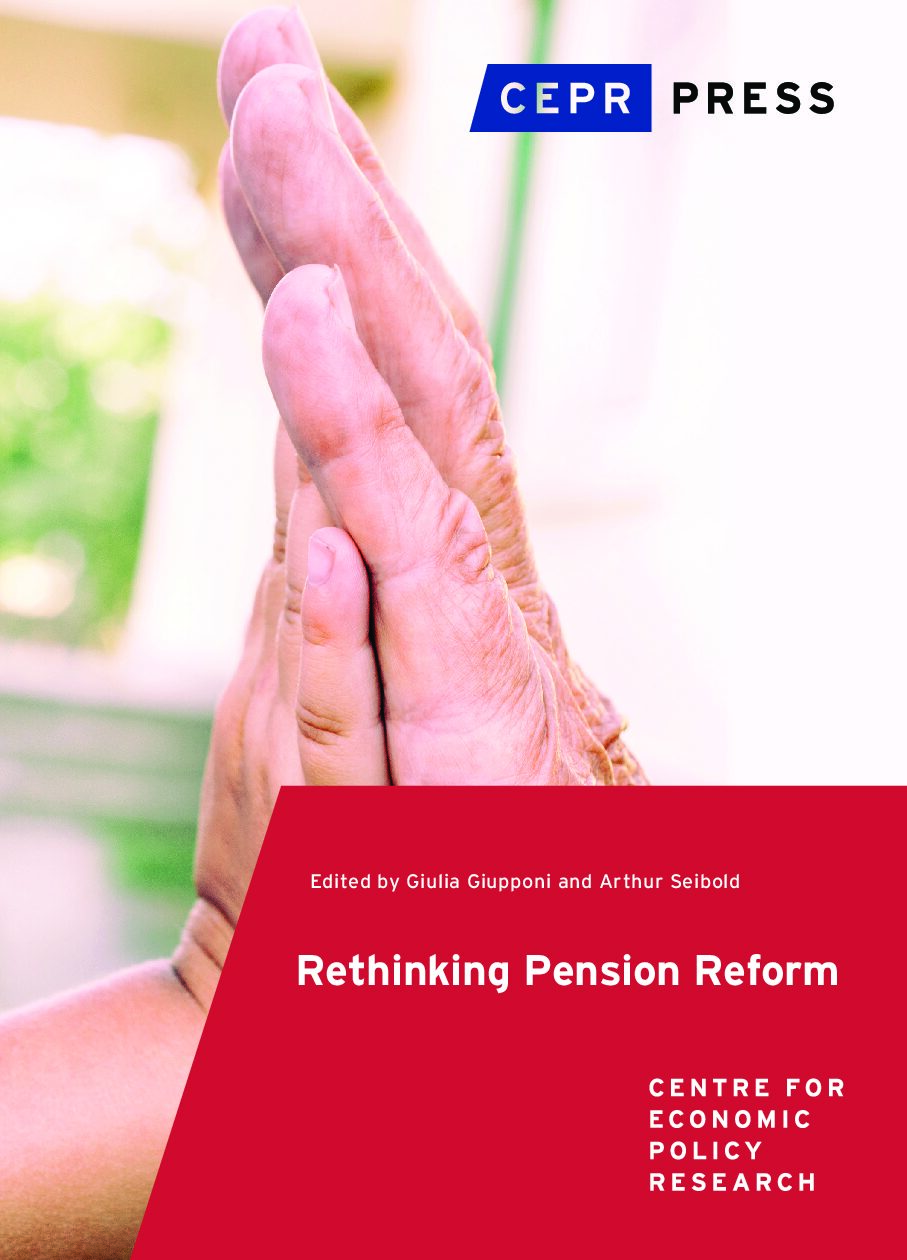Increasing Decision Making Capacities of Local Governments: Mexico’s Quest for Economic Growth
By Heidi Jane Smith (Economics Professor and Public Policy Coordinator, Department of Economics, Universidad Iberoamericana)
This paper examines the relationship between fiscal autonomy and a municipalities’ commitment to and the impact upon economic development activities. This article evaluates quantitatively, using a panel dataset from 1989-2014, the relationship of fiscal capacity to a city’s economic development. It tests the hypothesis that if a municipality is more fiscally autonomous in collecting their own revenue and also discretion in making their own decisions, then the city will be more likely to have successful economic development.
Fiscal autonomy is measured as total own-source revenue (TOSR) collection and discretion is measured as how local governments decide to enter into the municipal bond market. The empirical model also tests for convergence between municipal growth. Overall municipalities that grow collect more own source revenue, spend a bit more on salaries, often have more debt, but this does not imply they are making efficient debt policy decisions. Finally, through the years, municipal growth shows an absolute (unconditional) beta convergence in decrease in the difference of growth between the poor and rich municipalities.
Source: Cepal








